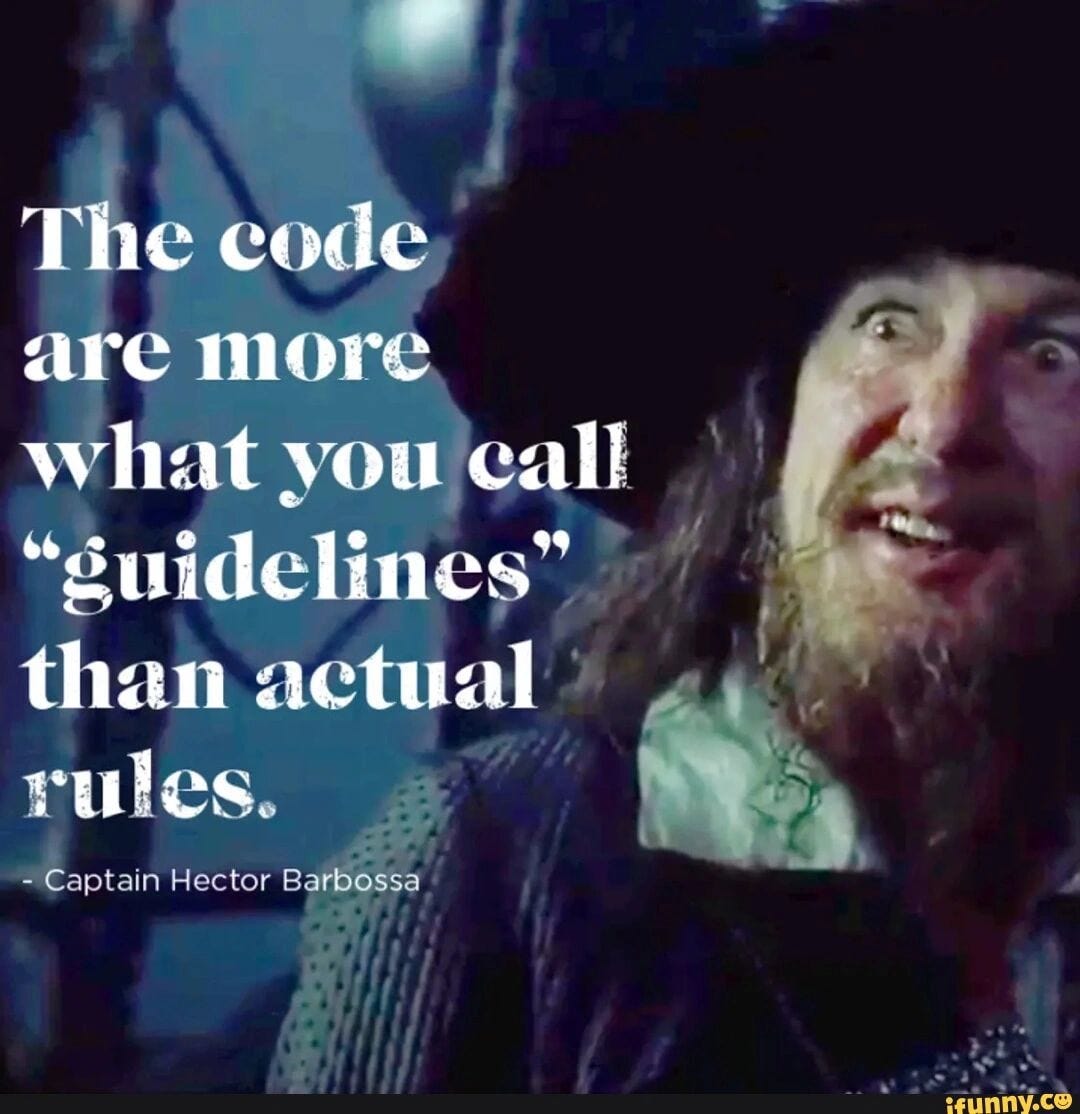AIM rules for dummies
Today, I thought I'd take a few minutes and explain some of the key AIM market rules, and where they can be legitimately bent - and sometimes, where they are flat out broken. Note this is just my perception, but I am concerned that people investing in the junior resource market in London feel that all companies must follow these rules at all times.
In theory, they must. In practice, they don't.
I've already considered market reforms before, but here I'm going to talk about some of the key ways the market works that nobody else is going to tell you. This, as ever, is not advice.
AIM Market Rules
1. Companies must have a nominated advisor (NOMAD, otherwise known as business prevention units) at all times to continue trading. Yes, this is true, but they do have a one month grace period to find a replacement during which the stock will be suspended before they are delisted. You can get up to all sorts of shenanigans in this time.
4. Companies are able to omit information from the admission document if it is:
'of minor importance only and not likely to influence assessment of the applicant’s assets and liabilities, financial position, profits and losses and prospects; or — disclosure of that information would be seriously detrimental to the applicant and its omission would not be likely to mislead investors with regard to facts and circumstances necessary to form an informed assessment of the applicant’s securities.'
Who determines whether information is not critical? The company's NOMAD, usually paid in shares. This seems completely unopen to abuse.
11. General disclosure of price sensitive information is a well-known rule, but there is an exception where immediate disclosure is likely to prejudice the legitimate interests of the company. When it comes to junior resource companies, this could include obtaining preliminary drilling results that suggest a significant mineral find. Immediate disclosure of this information could lead to premature market speculation, making it more expensive for the company to acquire adjacent claims or negotiate with landowners.
Or confidential talks for a joint venture or partnership. Disclosing these negotiations prematurely could disrupt the talks, provide competitors with strategic information, or lead to unfavourable terms being offered by the potential partner.
Then there's negotiating financing terms or off-take agreements. Announcing these negotiations before they are finalised could negatively impact the negotiations or lead to competitors offering counter-deals. Or even obtaining permits and regulatory approvals where disclosing the pending status of these applications might provoke public opposition or lobbying from environmental groups and competitors.
So no, you don’t have to disclose everything immediately, but you do have to have a good reason not to. And because the exceptions are considered on a case-by-case basis by the NOMAD, it's subject to plenty of, shall we say, interpretation. Indeed, if a company wants to delay releasing information, the usual stratagem is to draft an RNS that won't get past legal which always buys a few days.
As long as you can plead plausible deniability.
13. Related party transactions - routinely ignored. One of the key problems is in what constitutes a 'related party' and the degrees of separation sufficient to make one company/individual related to another. 'Small' transactions don't count, neither do employee incentive schemes. Yay.
18. Half-yearly reports - yes these are mandatory, but the big problem is that new ESG and accounting standards means there are literally not enough accountants to get the work done in time for every company on the market. It's also a lot more expensive than it used to be.
This means good companies get suspended from trading through no fault of their own, but get lumped in with chancers who play the system to buy some time off-market.
21. Close periods where directors can't deal - actually, they can if the NOMAD lets them if the director, for example, is in severe personal financial difficulty and needs to sell shares to meet a liability. And they don't always tell you until months later.
26. The up-to-date website rule. I've seen websites designed and last updated by people who died before Windows XP was released.
31. The compliance rule, where all companies must take reasonable care to ensure that their directors and advisers comply with AIM Rules. What is reasonable care? Answers on a postcard to Jeremy Martin.
It's also worth noting the separate UK Disclosure Guidance and Transparency Rules, specifically DTR 5. Otherwise known as the TR-1 rule, shareholders must notify the company when their voting rights reach, exceed, or fall below 3% and then at each additional 1% threshold , and the company must inform investors via RNS. This is routinely ignored. It shouldn't be. But it is.
Anyway, to all those people thinking we live in a market governed by strict rules...we don't. Neither the FCA nor LSEG are interested in tightening these up because the whole point of a growth market is light touch regulation.
It's important to know this, because it puts retail on a more even playing field.
Last thing - enjoy the sun!
- Charles Archer, 30/7/24



